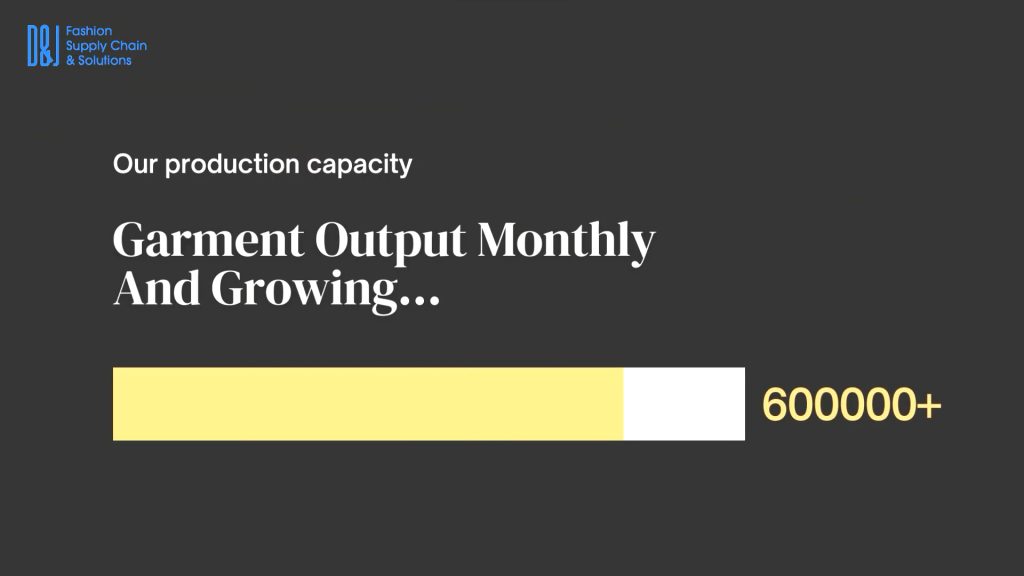Merging Sustainability with Clothing Manufacturing & Design
kno01082023-11
The fashion industry, celebrated for its creativity and influence, is also one of the largest contributors to global pollution. However, as awareness grows, the call for sustainable practices is becoming impossible to ignore. Delving deep into this evolving paradigm, let’s explore how the fusion of sustainability with fashion design and garment manufacturing is reshaping the industry.
Green Beginnings: Ethical Fashion Design
While fashion design conjures images of glamorous sketches and vibrant color palettes, there’s a growing shift toward eco-conscious creation. Designers are now being challenged to think beyond aesthetics. The new age designer not only crafts for style but also for longevity, functionality, and minimal environmental impact. This means sourcing eco-friendly materials, reducing waste in the design phase, and ensuring durability to extend garment lifetimes.
From Linear to Circular: The Green Garment Manufacturer
Traditional garment manufacturing often involves a linear process: produce, wear, and discard. The sustainable approach, however, promotes a circular model. This entails recycling and upcycling materials, employing energy-efficient machinery, minimizing water usage, and ensuring that waste is reduced or reused. Modern garment manufacturers are not just producing clothes; they’re crafting a legacy of responsibility.
Touch, Feel, Experience: The Sustainable Showroom
Imagine walking into a showroom where every fabric you touch, every garment you try, carries with it a tale of sustainable practices. From using organic kinds of cotton to biodegradable accessories, showrooms are becoming educational hubs, introducing consumers to the benefits and necessity of eco-friendly fashion choices.
Beyond the Label: Transparent Supply Chains
One of the cornerstones of sustainable fashion is transparency. This ensures that every stakeholder, from fabric suppliers, to end consumers, understands the journey of the product. With digital advancements like SCM (Supply Chain Management) systems, customers can now track the lifecycle of their clothing, reinforcing trust and accountability.
The Road Ahead: Fashion with Purpose
The global shift towards sustainable fashion is not just a fleeting trend; it’s a movement. It’s about redefining values, reimagining processes, and rebuilding consumer trust. And while challenges persist, the collective efforts of designers, manufacturers, and informed consumers promise a future where fashion not only looks good but also does good.



Embarking on this green journey, it’s crucial to remember that sustainable fashion isn’t about perfection. It’s about progress, one stitch, one garment, and one purchase at a time.
Google: D&J Fashion Manufacturer
Leave us a Google Review
Facebook: dnjfashionofficial
Instagram: dnj_fashion_official
Linkedin: D&J Garment Manufacturing and Supply Chain
Pinterest: dnjfashion
Youtube: @dnjfashion_official
Tik Tok: @dnj_fashion

